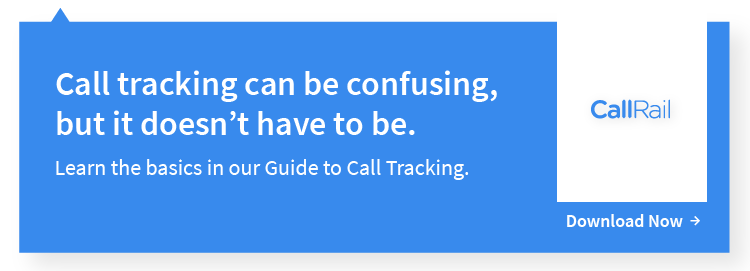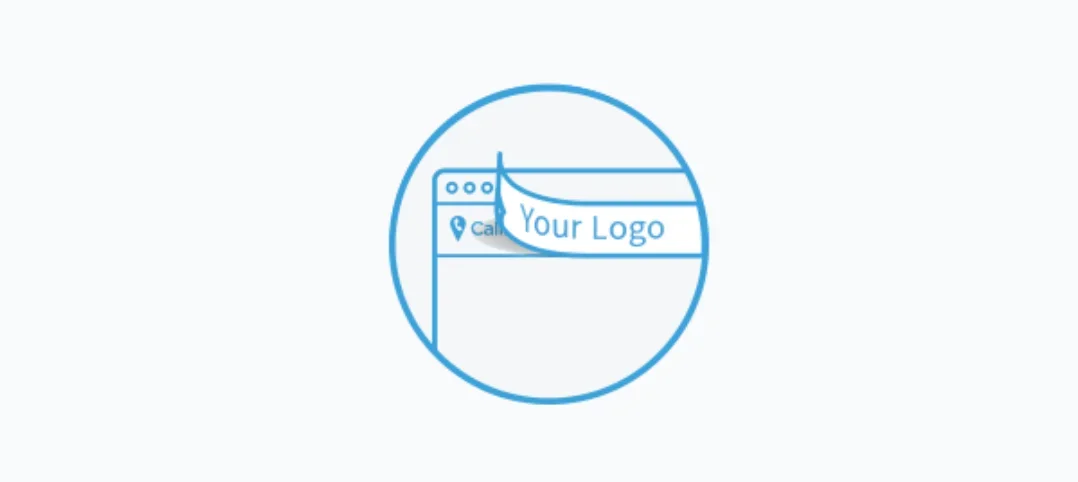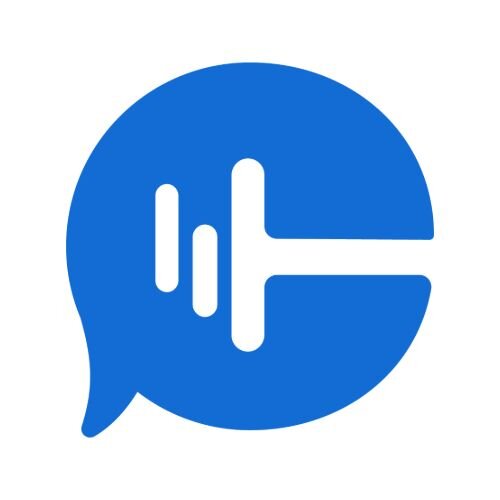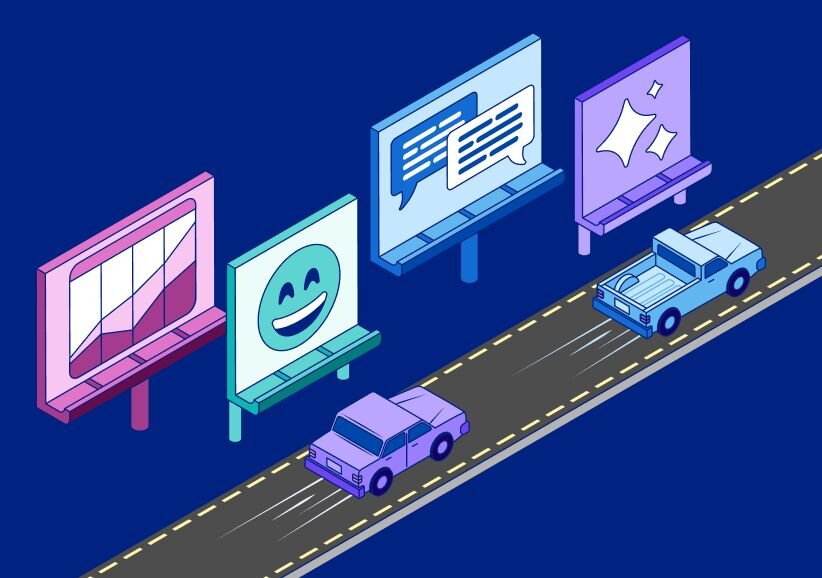White labeling is a legal protocol that allows one product or service to be sold and rebranded under another company’s brand. The term “white labeling” is used based on the manual process whiting out something previously written to write over again.
Marketing pros and cons of white labeling
White labeling has been a fairly common practice throughout multiple industries. Grocery stores purchase other brand’s products and add the store name on the label to sell at a slightly lower price for generic products their consumers. The same can be done for software. Marketers can be found on both sides of the argument as to whether or not companies should white label SaaS.
The pros of white labeling a product as your own include:
- Building brand credibility
- Strengthening customer loyalty
- Saving time and money
For the purpose of digital marketing and reporting, many marketing agencies enjoy having the ability to white label another’s software. Having their agency’s brand on logins and reports that are sent to customers helps build not only brand awareness, but a sense of credibility and trust with the client.
Purchasing a third-party company’s software for the purpose of white labeling can save companies, like marketing agencies, the time and resources that go into building said software. If one company created a perfectly intuitive software and makes white labeling agreements with other companies, why not take advantage?
However, there are also cons to consider when determining whether your company should white label a product. Cons include:
- Pricing
- Brand credibility
- Very often, the reputation related to the successful launch of the product is immediately associated with the seller’s brand.
While many agencies have openly stated they don’t look to profit off of a third-party software and only desire an effective reporting tool for clients, there are marketing agencies that use white labeling as a way to upcharge the product. If a client discovers the software that’s been rebranded is actually sold at a much lower cost and their invoices haven’t fully disclosed costs, that can lead to a large divide in customer relationships.
Brand credibility goes both ways. Marketing agencies commit time and research to find the best third-party software tools on the market. The majority of these true brand name tools are well known and highly trusted throughout their respected markets. The bigger the software’s brand is, the more confident marketers are to proudly display the SaaS that they’re using. Why hide that your agencies only believes in using the best for your clients?
The pros and cons of white labeling for agencies go can go both ways, depending on what is best for an individual at the time of the decision.
White labeling your CallRail account
CallRail's white label feature allows you to maintain your brand across all client-facing reporting systems. Gain access to dashboards, emails, and a customized domain name complete with your logo and colors.
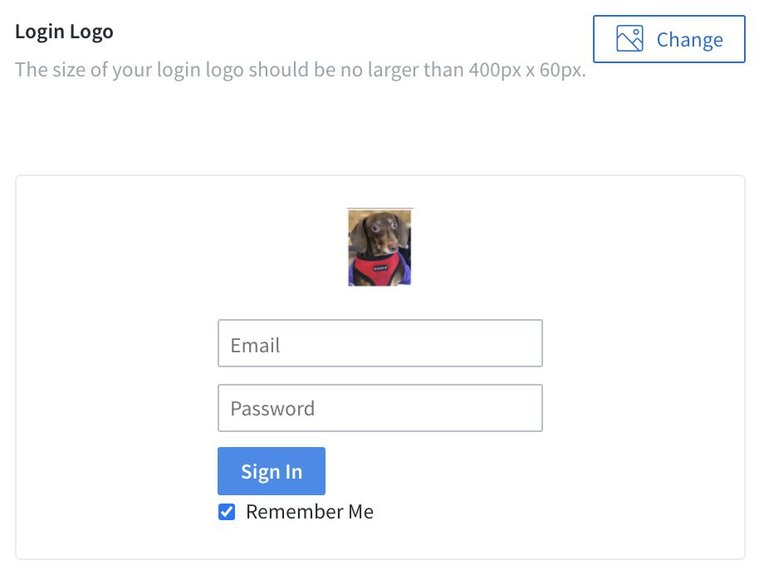
Keep your clients immersed in your brand with CallRail's white label solution, available on all pricing plans as an add-on.
